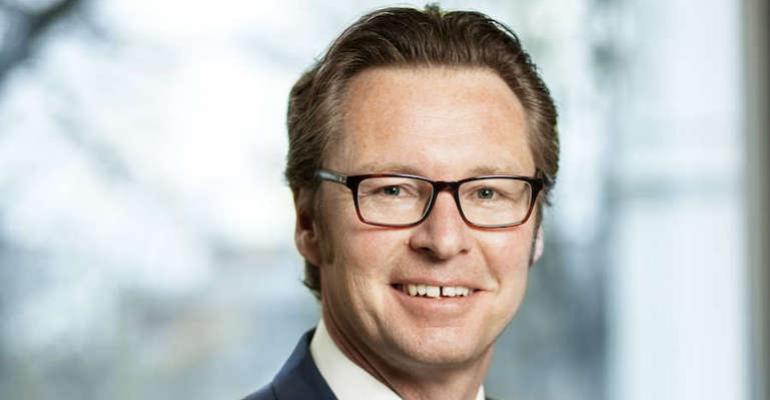In its latest research into the energy transition DNV estimates that between 44 and 62 million tonnes of oil equivalent (Mtoe) production will be produced by 2030 with an estimated demand for carbon neutral fuels of 17 Mtoe by that date.
Highlighting the challenges that lie ahead DNV explained in its report: “As the shipping industry will compete for carbon-neutral fuels with aviation and road transportation, as well as other industries, the production of carbon-neutral fuel alternatives needs to significantly accelerate if the emission reduction goals are to be met.”
To meet those goals DNV has called on governments to step up their involvement and support first movers. Adding that one of the critical issues in the coming years will be carbon pricing which will encourage the development and use of low and zero carbon fuels.
Knut Ørbeck-Nilssen, CEO of Maritime for DNV, said: “While the uptake of methanol ships has been very fast it is still only a small proportion of the global fleet, just over 6%, that has a dual fuel capability.”
As a result, the coming period is critical to the battle to regain an equilibrium in the planet’s climate, and with uncertain levels of supply and expected price fluctuations DNV said that “fuel flexibility will be key” for shipowners to meet their low carbon fuel requirements.
Principle Consultant at DNV Eirik Ovrum said that potentially all ships operating today can, in theory, operate in a carbon neutral way by using biodiesel, “We don’t need new technology to go to net zero, we need new fuels.”
Ovrum also emphasised the important role that fuel efficiency will play in the fuel transition allied with such technological developments in systems that can already be manufactured, such as carbon capture and storage systems (CCS).
Research shows that a 15,000 teu vessel operating on the Asia to Europe trades with 4,000 cu m tanks will need to offload CO2 twice on each trip. With improved efficiencies and the capturing of 70% of emissions DNV estimates that such a ship could be carbon neutral.
According to Ovrum, CCS technology already exists with the oil industry using carbon to extract oil from wells, replacing it with captured carbon to be stored underground. A full-scale test of a CCS is set to be carried out next year on a Norwegian vessel, a chemical tanker will be fitted with a CCS for trials.
DNV’s transition paper looks at a number of fuel possibilities, including methanol, LNG and nuclear options with bio-versions of LNG and CCS technology, however, when asked about harnessing wind energy, DNV was less enthusiastic, and Ovrum said it was “a promising technology”.
DNV believe that wind power is an energy saving technology that will assist vessels in reducing their energy usage, not as the main energy source for larger vessels.
Copyright © 2024. All rights reserved. Seatrade, a trading name of Informa Markets (UK) Limited.
Add Seatrade Maritime News to your Google News feed.  |

